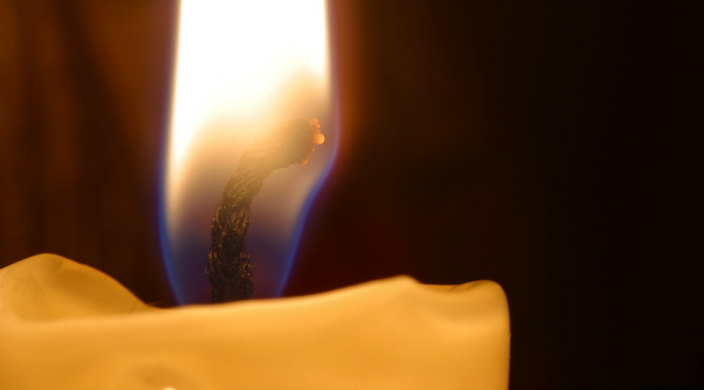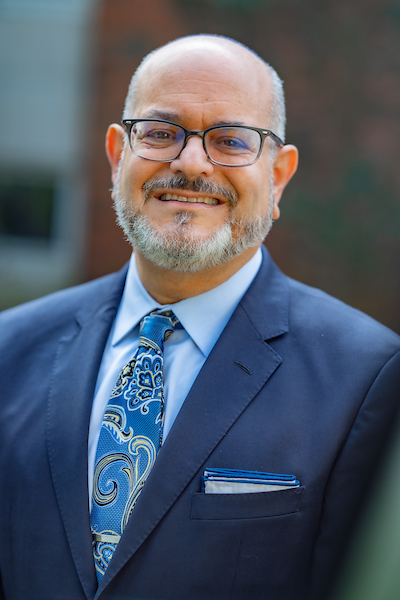
The Bronx neighborhood in which I was raised was densely populated by Jews. Among them were survivors of the Holocaust. It was not uncommon, when in the supermarket or bakery or appetizing store, to see the tattooed numbers on the outstretched arms of customers as they paid for their items. These numbers signified that they had experienced and witnessed unthinkable horrors.
As a child, this was my primary connection to the Holocaust. Both sides of my family came to the United States decades before World War II. My mother’s family arrived in the late 1800s and my father’s family came to America in the first years of the 20th century. While the Holocaust was deeply personal for many families, it was not for mine.
Holocaust education had not yet become required in schools and Night by Eli Wiesel was not yet on the reading lists of middle school English classes. I may have learned about the Holocaust in Hebrew school or Confirmation class, but, if I did, it did not make a lasting impression. It was not until college and my adult years that I had the opportunity to learn more about this period. Much of my learning came from movies and visits to places such as the United States Holocaust Memorial Museum in Washington, D.C.
My awareness of the Holocaust changed when I lived in Israel during my first year of study at Hebrew Union College-Jewish Institute of Religion. Once again, I found myself living in a neighborhood with survivors. And once again, I would see the tattooed numbers on the outstretched arms of customers in local shops, or on the arms of the older people sitting next to me on the bus.
As Yom HaShoah drew near, we were told we would have a guest speaker – a Holocaust survivor. I was almost surprised by her poise and elegance, as if the Holocaust could rob one of such qualities. She spoke of the strength it took to survive and the resilience required to build a new life in a new land. In the face of loss, she remained positive. The Holocaust had taken its toll, but she refused to be bitter. Most remarkably, she remained an observant Jew, firm in her faith in God.
Yom HaShoah itself is a day of mourning and reflection in Israel. Many stores, especially restaurants and theaters close. The music on the radio reflects the somber nature of the day.
Most amazing is the sound of the siren. In the late morning, a siren is heard throughout the entire country, lasting for two minutes. During this time, everything comes to a complete halt. No music is heard. Pedestrians stop in their place. Traffic stops, and drivers step out of their cars. For two minutes the country stops and mourns, with the wail of a siren as the backdrop. Though Israelis resume their routines at the end of those two minutes, it is an intensely moving experience. In those moments, everyone is connected. Regardless of one’s relationship to the Holocaust, the siren and the minutes of stillness bring an entire nation together.
Now, as a rabbi at Rutgers Hillel, I will help my students put together a meaningful Yom HaShoah commemoration. Several of them are the grandchildren of Holocaust survivors and they are working hard to create a moving and educational tribute. I know the program will be successful. But still, I will miss the power of those two minutes, when a country comes together. When somehow, without any words, you feel connected to the stranger standing beside you.
Related Posts

Harnessing the Power of our Mothers Around the Seder Table

Melding Tradition and Innovation: Our Interfaith Toddler Naming Ceremony


